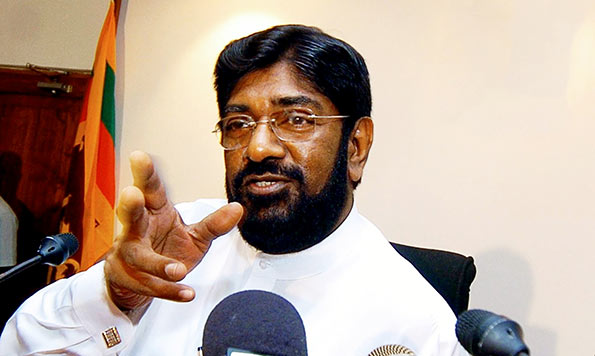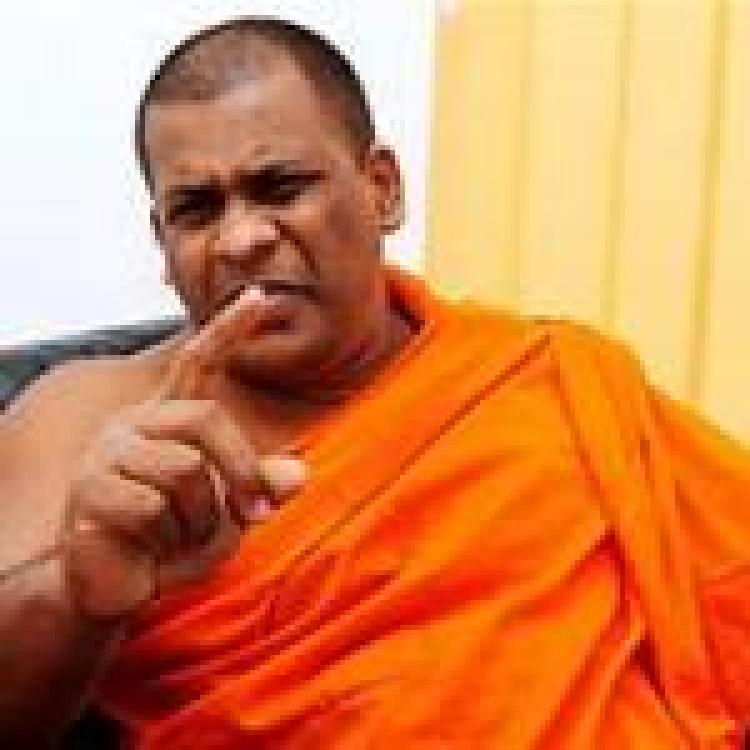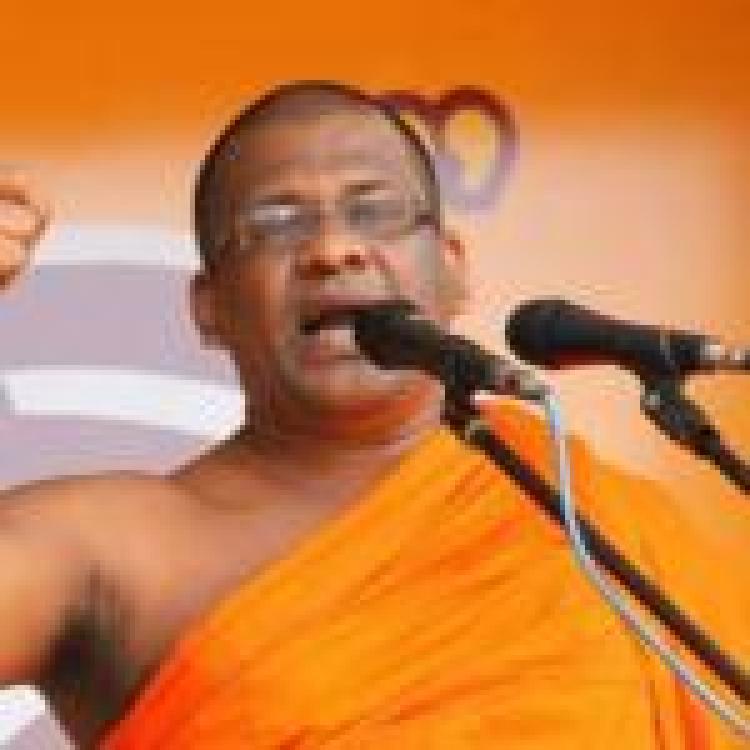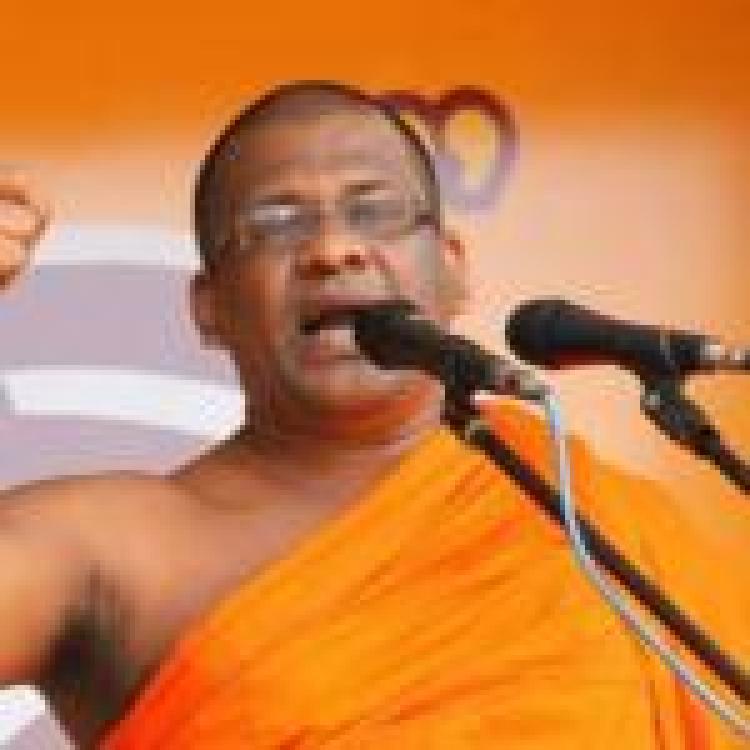
Sri Lanka’s government, Mass Media Minister, Keheliya Rambukwella has denied that the government’s decision to proscribe 11 Islamic organisations was intended to ban any religious or political organisation. Instead, he claims it was due to concerns over “national security and inter-communal harmony”.
The banning of 11 Islamic organisations, which include the charity Save the Pearls, follows a similar wide-reach proscription of Tamil diaspora organisations and hundreds of individuals, whose personal information was publicised. This further follows a surge in arrests under Sri Lanka’s draconian Prevention of Terrorism Act (PTA) which been linked to torture and has been used to detained human rights activists and government dissidents.
Rambukwella has defended the ban claiming that the Presidential Commission of Inquiry into the Easter Sunday attacks recommended for the ban.
Read more in our feature: Remembering the blasts - 2 years on from the Easter Sunday attack.
Responding to a journalist, Rambukwella maintained the need for banning Islamic organisations claiming that “there can be one among thousands of people hell-bent on creating mayhem and rejoice in human suffering”.
When questioned why the Buddhist Sinhala extremist, Bodu Bala Sena (BBS) has not been banned, Rambukwella defended the organisation claiming that had Sri Lanka’s Attorney General believed they posed a threat “he would have definitely banned it”.
The BBS repeatedly engaged in stoking anti-Muslim and anti-Tamil hate speech and have had members linked to anti-Muslim riots. In 2019, the President Maithripala Sirisena, pardoned Galagoda Aththe Gnanasara, the leader of the BBS, who was convicted of threatening the wife of the disappeared journalist, Prageeth Ekneligoda.
Since coming to office, President Rajapaksa has made a number of controversial pardons including that of the extremist monk, Diana Gamage, a Samagi Jana Balawegaya MP, who was convicted for possession of firearms.
Read more here.



